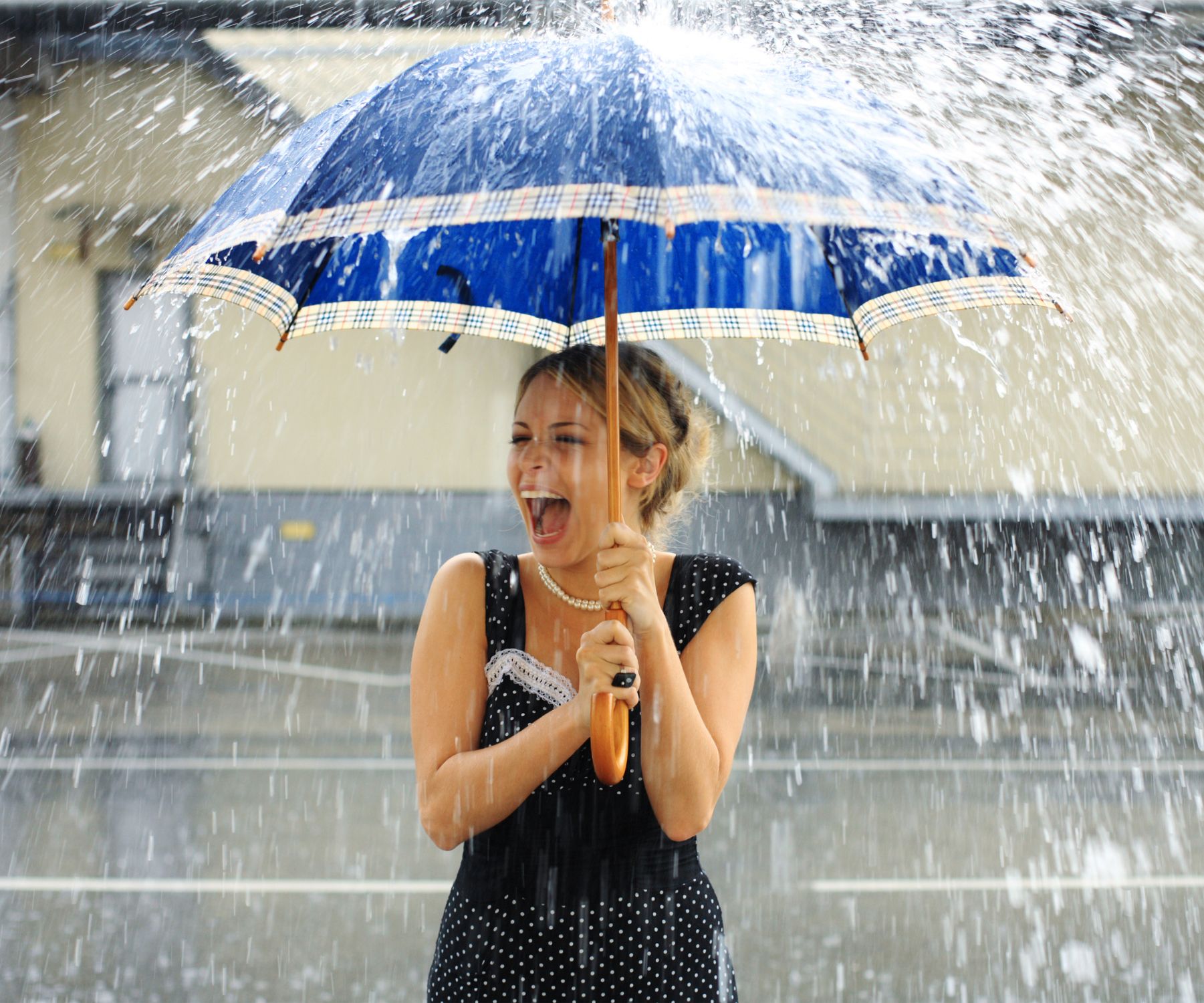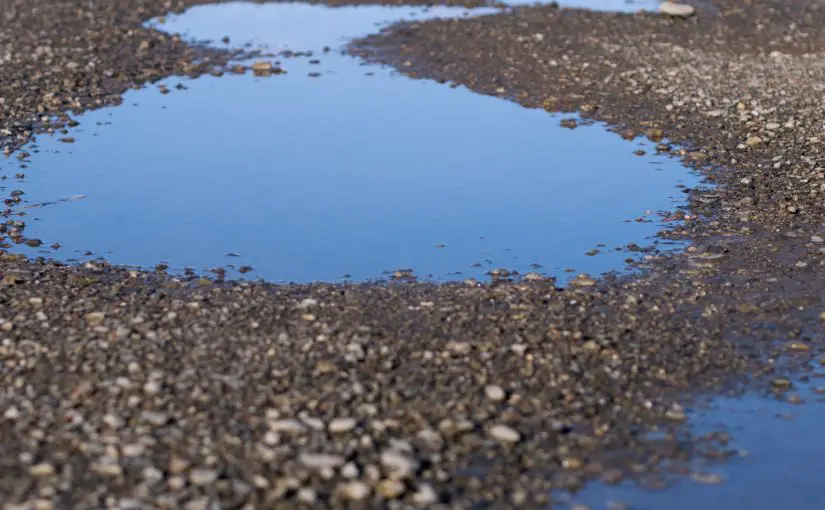Table of Contents
Do Air Conditioners Use Water?
Air conditioners primarily use refrigerants to cool and dehumidify indoor air. During this process, condensation occurs, resulting in water formation.
This condensate is then safely drained away from the unit. In contrast, air coolers, or evaporative coolers, actively use water as part of their cooling process.
These coolers employ a water pump to moisten a cooling pad. As air moves through the wet pad, water evaporates, reducing the air temperature and providing a cooling effect.
Introduction
Air conditioning is an essential part of our daily life, especially in hot and humid areas.
It helps us to keep our indoor environment comfortable and pleasant by regulating the temperature and humidity.
One of the common questions people ask about air conditioning is whether it uses water or not.
In this article, we will discuss this topic in detail and try to answer some of the common questions related to it.
Why Is There Water Around My AC Unit?
If you have ever noticed water around your AC unit, you might be wondering where it comes from.
The answer is simple; air conditioning units produce water as a byproduct of the cooling process.
When warm and humid air passes over the evaporator coil, it condenses into water droplets, which then fall into the drain pan and flow out of the unit through a drain line.
This process helps to reduce the humidity level in the indoor environment and makes it more comfortable.
 What Types of AC Cooling Uses Water?
What Types of AC Cooling Uses Water?
There are three types of air conditioning systems that use water for cooling: evaporative cooling , refrigerated air, and absorption cooling.
1. Evaporative cooling systems
use water to cool the air by evaporating it. These systems are commonly used in dry and arid regions, where humidity levels are low.
2. Refrigerated AC
(HVAC, heating, ventilation, and air conditioning) uses water to cool and dehumidify the air.
This water is produced as condensation when warm, moist air is circulated over the unit’s cold evaporator coil, causing the moisture in the air to condense on the coil.
The water is then collected in a drip pan and drained out of the unit through a drain line.
3. Absorption cooling systems
use water and other chemicals to create a cooling effect. These systems are commonly used in commercial buildings and industries.
| Aspect | Evaporative Cooling Systems | Refrigerated AC (HVAC) | Absorption Cooling Systems |
|---|---|---|---|
| Basic Function | Utilize water to cool air through evaporation. | Use refrigerants to cool and dehumidify air, producing water as a byproduct. | Employ water and chemicals to generate a cooling effect. |
| Water Usage | Actively use water as part of the cooling process. | Do not use water actively; water is a byproduct of the cooling process. | Use water in the chemical process for cooling but do not produce water as a byproduct. |
| Ideal Environment | Best in dry, arid regions due to reliance on water evaporation. | Suitable for various climates, especially where dehumidification is needed. | Commonly used in commercial buildings and industries, not dependent on external climate. |
| Water Production | Does not produce water as a byproduct; water must be added to the system. | Can produce 2 to 5 gallons of water per day as condensation from humid air. | Does not produce water as a byproduct. |
| Water Safety | Water used can be safe to drink if properly filtered and treated. | Water produced is not suitable for drinking due to contaminants. | Not applicable, as water is part of the chemical process and not produced as a byproduct. |
| Maintenance Concerns | Requires regular water supply and can be affected by water quality. | Potential for water leaks due to clogged drain lines or malfunctioning parts; regular maintenance needed. | Complex systems that may require specialized maintenance, particularly related to the chemical process and water handling. |
| Impact of Shutting off Water | Direct impact on cooling efficiency; the system cannot function without a water supply. | No direct impact, as water is not actively used for the cooling process. | Depending on the specific design, shutting off water could impact the chemical process and cooling efficiency. |
Do window ac units use water?
Yes, a window AC unit also uses water to cool and dehumidify the air.
Like central air conditioners, window units dehumidify air and produce condensate, which needs to be drained.
Window ACs have a hole on the bottom that is used for drainage,
How Much Water Does an Air Cooler Use?
The amount of water an air cooler uses depends on several factors, such as the size of the unit, the humidity level, and the operating conditions.
Generally, a typical residential air conditioning unit can produce between 2 to 5 gallons of water per day.
However, this amount can vary depending on the size of the unit and the climate conditions.
Is Water from an Air Conditioner Safe to Drink?
The water produced by an air conditioning unit is not suitable for drinking as it contains bacteria, dirt, and other contaminants.
It is also acidic and can damage your plumbing system.
However, water from an air cooler, which is a different type of cooling system that uses water to cool the air, can be safe to drink if it is properly filtered and treated.
Why Do Residential AC Units Leak Water?
If you notice water leaking from your residential AC unit, it could be due to several reasons, such as a clogged drain line, a dirty air filter, or a malfunctioning condensate pump.
It is important to address the issue as soon as possible to avoid any damage to your unit or your property.
Does Shutting off Water Affect AC?
For Air Coolers.
Shutting off the water supply to your Air cooler can affect its performance as it needs water to cool the air.
If the water supply is shut off, the unit may continue to run, but it will not cool the air as efficiently.
It is important to keep the water supply on to ensure the proper functioning of your AC unit.
For HVAC
HVAC cooling on the hand creates water as a by product of the condensation that it is pulling from the air.
This type of Air conditioning does not require water to be added and turning off the water will not effect it.
In conclusion, Does air conditioning use water?
HVAC and other refrigerated type air conditioning units, like window air ACs and Portable ACs do use water, but only as a byproduct of the cooling process.
The amount of water used depends on several factors, such as the size of the unit and the humidity level.
Air Coolers require water to be added as a way to use water to cool down the air. It is also important to keep the water supply on to ensure the proper functioning of your Air cooler.
Water produced by an AC is not suitable for drinking, and it is important to address any water leaks as soon as possible.
 FAQs
FAQs
Can I drink water from an air conditioning unit?
No, water produced by an air conditioning unit is not safe for drinking as it contains contaminants.
How can I prevent water leaks from my AC unit?
Regular maintenance and cleaning of your AC unit can prevent water leaks. It is also important to address any issues promptly.
How much water does an AC unit produce in a day?
A typical residential AC unit can produce between 2 to 5 gallons of water per day, but this can vary depending on the size of the unit and the climate conditions.
What should I do if my AC unit is leaking water?
If you notice water leaks from your AC unit, it is important to address the issue promptly.
You can try cleaning the drain line or replacing the air filter. If the issue persists, it is recommended to seek professional help.
Can I turn off the water supply to my AC unit?
It is not recommended to turn off the water supply to your AC unit as it needs water to cool the air efficiently.
Turning off the water supply can affect its performance and may cause damage to the unit.
Can air conditioning units use recycled water?
Some AC units can use recycled water, but it depends on the type of unit and its design.
It is best to consult with a professional to determine if your unit is capable of using recycled water.
What should I do if my AC unit is not producing any water?
If your AC unit is not producing any water, it could indicate a problem with the unit’s drainage system.
You should contact a professional to diagnose and fix the issue.
Is it normal for my AC unit to produce a lot of water?
While some water production is normal for AC units, an excessive amount of water could indicate an abnormal amount of humidity in the air.
How often should I check my AC unit’s water levels?
You do not need to check your AC unit’s water levels regularly.
However, if you notice any leaks or changes in performance, it is important to address the issue promptly.
Can I use the water produced by my AC unit for watering plants or other purposes?
The water produced by your AC unit is not recommended for consumption or for use in watering plants.
It may contain impurities or chemicals that can be harmful to plants or people.


